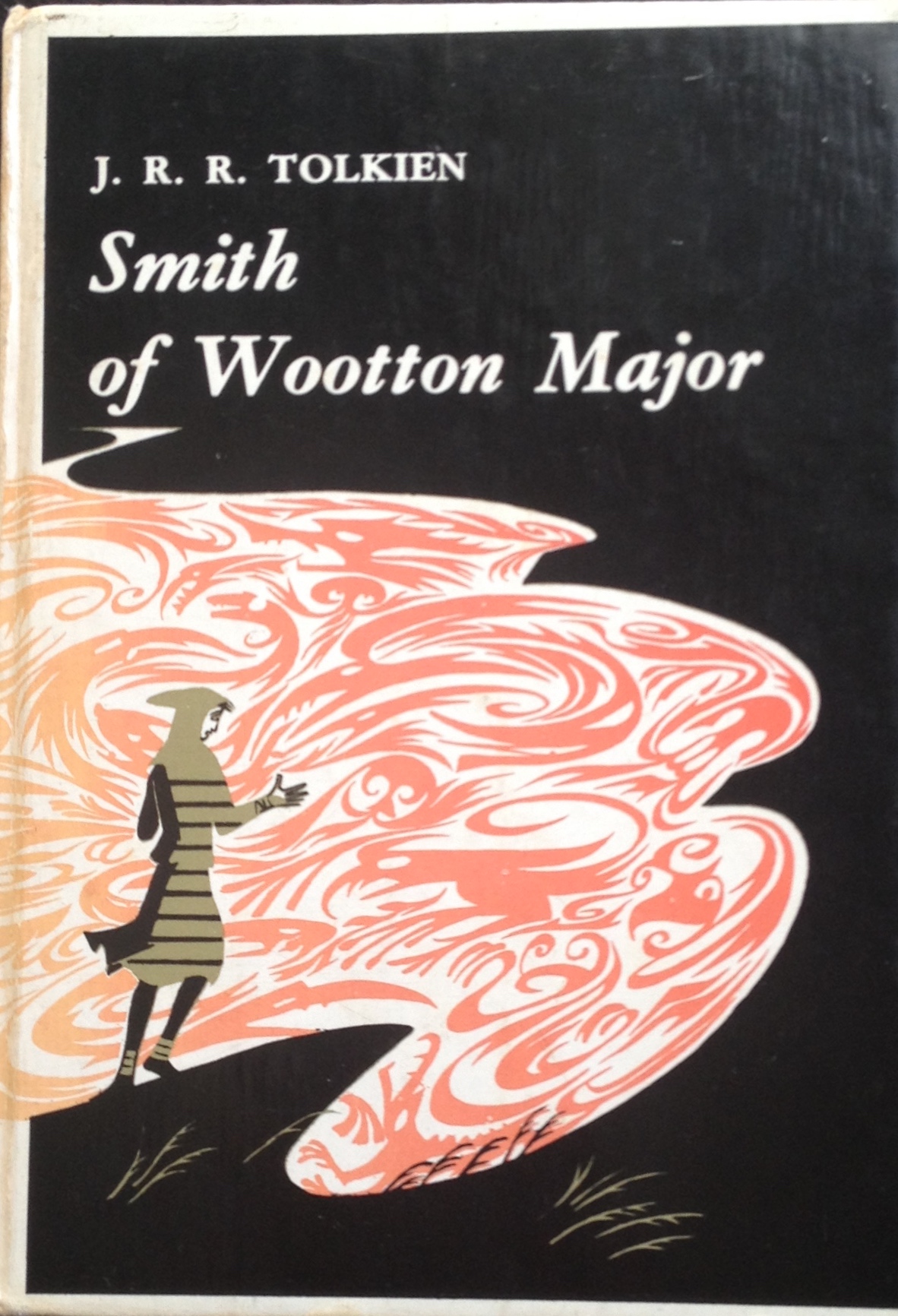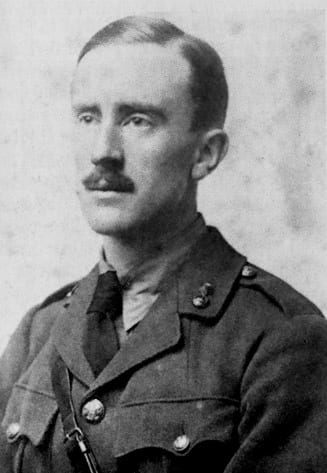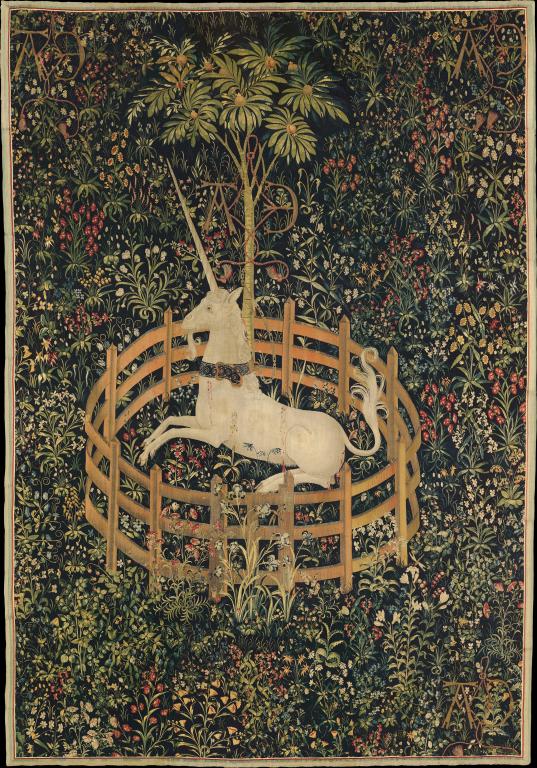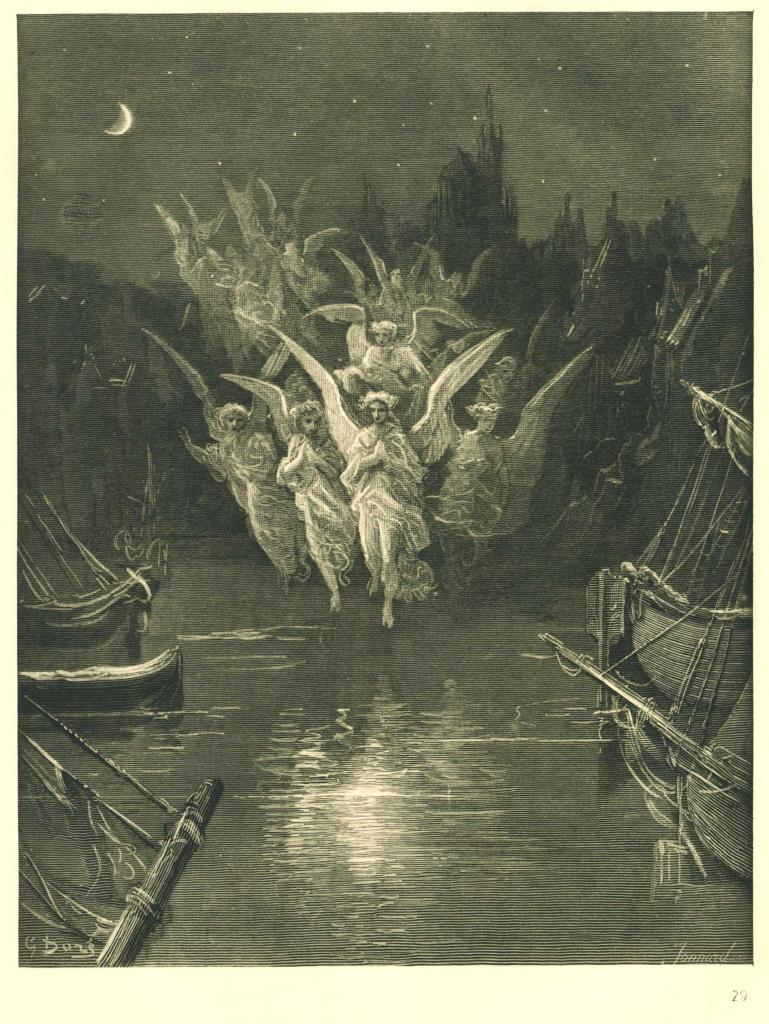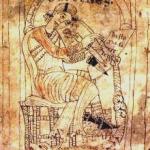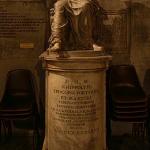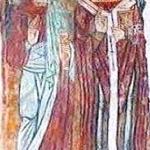David Russell Mosley
Ordinary Time
19 November 2014
The Edge of Elfland
Hudson, New Hampshire
Dear Friends and Family,
Today I venture into the books I didn’t read as a child. I think this is important because I came to many of these books both as a Christian and often as a theologian. This means that what I see in these books is in no way coloured by my childhood experiences of them. So, the first book I want to write to you about is one of my favourites, J. R. R. Tolkien’s Smith of Wooton Major.
The story behind Smith of Wooton Major is actually really funny. Tolkien had been asked to write an introduction for a new edition of George MacDonald’s ‘The Golden Key’, another excellent story that I will likely feature in this series. The problems are twofold, however. For starters, Tolkien was a perfectionist. The Hobbit first came out in 1937 and he was soon asked for a sequel. The Fellowship of the Ring came out in 1954, seventeen years later. The other problem is that Tolkien isn’t always very good at explaining things. Dr Corey Olsen, the Tolkien Professor himself, were discussing this aspect of Tolkien just last week. What Tolkien is rather much better at is telling stories. So, in the process of writing this introduction to ‘The Golden Key’, Tolkien decides to undertake to define what a fairy tale is. In order to do this, he decides to construct an example. This example became the story Smith of Wooton Major and the introduction was left unfinished.
The story, Smith of Wooton Major, tells us the story of a person called Smith who lives in a town called Wooton Major. Wooton Major has a rather prestigious position of Head Cook. The Cook is expected to cook various meals throughout the year, but every twenty-four years he is expected to cook for the Twenty-Four Feast. At this feast, twenty-four children are in attendance. The pièce de résistance at this feast is the cake. It is on this cake that the cook’s reputation is made or falls. One particularly year, when Smith is a child and in attendance something strange happens at the feast. The Head Cook, a man called Nokes, who had taken over from Smith’s grandfather, rather than the apprentice Alf decides to put treasures inside the cake for the children to find, including a star which Alf tells him comes from Faërie. Smith finds, or rather, doesn’t realise he finds this star in his piece. One day he coughs, the star pops out and he claps to it his head. From this day on Smith is transformed. He sings as he works. He works of ironmongery are beautiful, he makes no weapons, and best of all, he has gained access to Faërie.
Smith makes many adventures to Faërie, trying to scout out the whole of the land and experience everything he can. He eventually meets both the King and Queen of Faërie, as well as many of its inhabitants (all of whom are human in shape and size, though they are Fairies). He is frightened at times and goes places he shouldn’t. Perhaps what is most interesting, however, is that eventually, Smith must give up his star. Alf, the apprentice, had become Head Cook some time before and was preparing for his second Twenty-Four Feast and asks Smith for the star. With the star, Smith gives up some of the light it gave to his eyes and has, it would seem, lost his passport into Faërie. We feel the hardness of this for Smith for we are like him, most of us. We are ordinary people and yet we have gained access into Faërie as we have followed Smith into it. Yet it is not all bad, and I think this an important aspect.
When Smith returns from his final visit to Faërie, after he has returned the star, he meets with his son. His son, it would seem, has taken on the lion’s share of the work as of late, what with his father taking frequent trips into Faërie and all. His son tells him he hasn’t been able to go to a family party for all the work and wouldn’t go to the Feast the next day. Smith, however, tells him to make it a holiday, for there would now be four hands at the work. I have always argued that one of the key things fantasy does is render the world around us strange so we can see it for what it really is, so we can see it with fresh eyes. I think there is a relationship here to the function of the church (the building as well as the gatherings) and the celebration of the Eucharist. Smith still has work to do once his time in Faërie is done. Life isn’t over now that his time in Faërie. In fact, it almost seems that Faërie was a preparation for the rest of life. Similarly, our celebration of Eucharist is, in part, a preparation for the rest of life. Sunday is the first and eighth day of the week, both the beginning and the end and out from it flows the rest of the week. Now, unlike Smith and Faërie, Sunday sends out into Monday through Saturday only to return us to Sunday. Smith, it would seem, is not intended to return to Faërie, but we are intended to return to Sunday and one day to that Eternal Sunday that we practice in worship, the Son of God come down in glory. Faërie enabled Smith to be a better blacksmith, to be better in general. The Eucharist similarly enables us to go about our lives, taking Christ with us and reclaiming the rebellious and false kingdom of this world for the Kingdom of God.
Sincerely yours,
David

